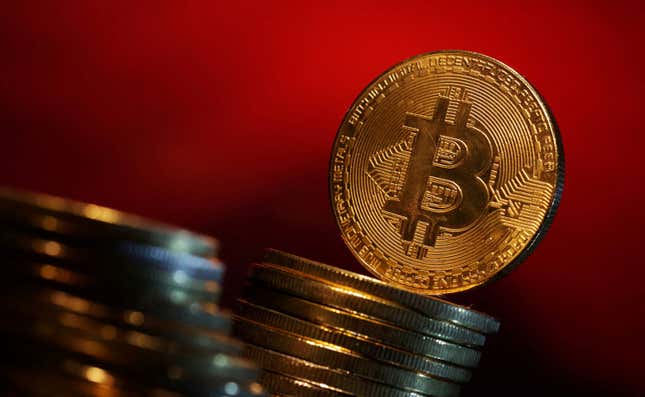Bitcoin rebounds after Hong Kong’s approval to Bitcoin ETFs

After falling by almost 10% over the weekend, Bitcoin rebounded Monday after Hong Kong announced approval of its first spot Bitcoin and Ether exchange-traded funds (ETFs).
The weekend decline—which came amid Israel-Iran tension, market chaos, and stubborn inflation and saw Bitcoin fall below $62,000—was over on Monday morning as the cryptocurrency was up 2.5% to $66,000.
Hong Kong dives into the crypto ETFs market
Three offshore Chinese asset managers, including Hong Kong units of Harvest Fund Management, Bosera Asset Management, and China Asset Management (ChinaAMC), are planning to launch their spot Bitcoin and Ether ETFs soon, Reuters reported Monday.
Advertisement
Unlike mainland China, Hong Kong has always had an optimistic stance on crypto. This latest move suggests that it wants to follow in the footsteps of the United States in investing in crypto ETFs.
Bitcoin halving brings volatility
With the Bitcoin halving event looming, volatility has increased for Bitcoin and the overall cryptocurrency market. The halving will take place around April 19 and will cut the miner reward in half, from 6.25 Bitcoin to 3.125 Bitcoin.
Advertisement
On Monday morning, the second-largest cryptocurrency, Ether, was down 12% week over week but up over 5% for the day, hovering around $3,100. At $147, Solana was down 18% from last week but up 7.8% on the day. Dogecoin saw a decline of over 20% in a week but rebounded Monday with a 5% jump to $0.15.
Advertisement
More markets and crypto news
The Dow rebounds as investors cheer retail sales and earnings — and ignore Iran-Israel tensions
Advertisement
The big Bitcoin ‘halving’ event is almost here. We’ve got answers to all your questions
AI is powering Google to a $2 trillion market cap
Globe Life stock drops 50% because a short-seller alleged insurance fraud
Original Source
